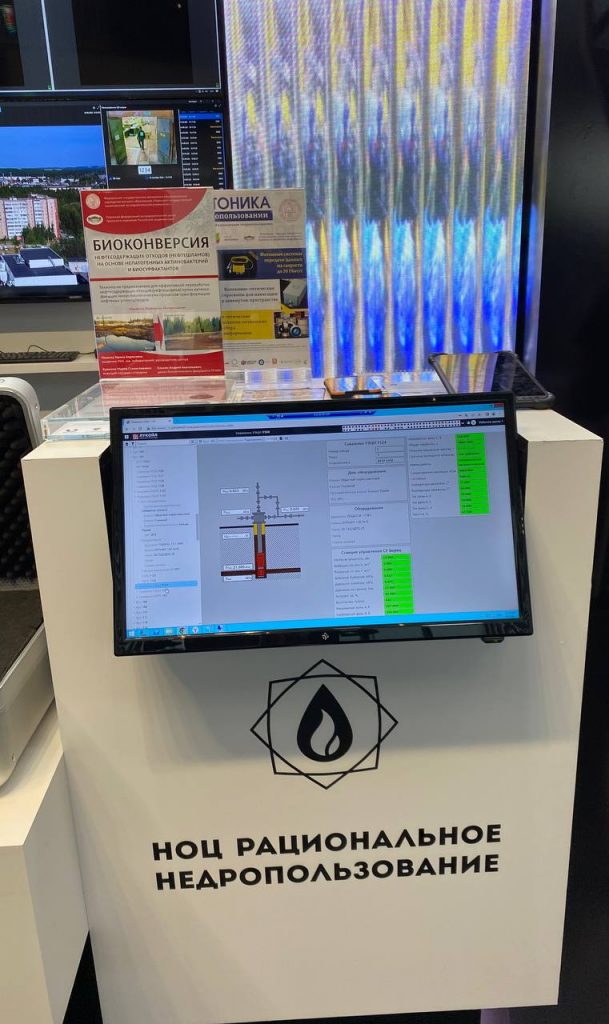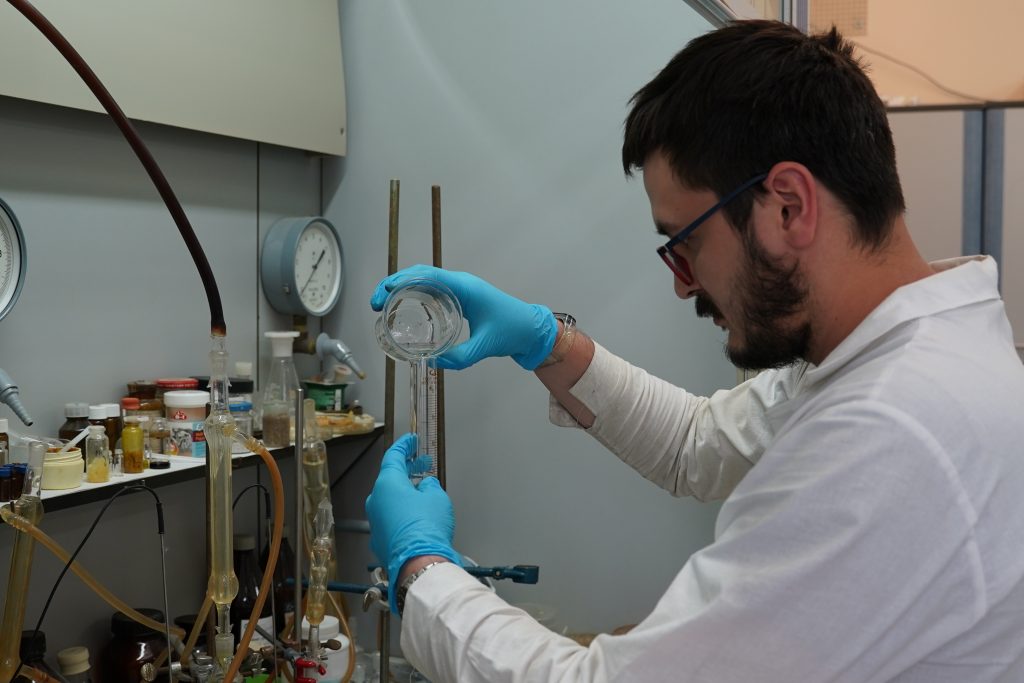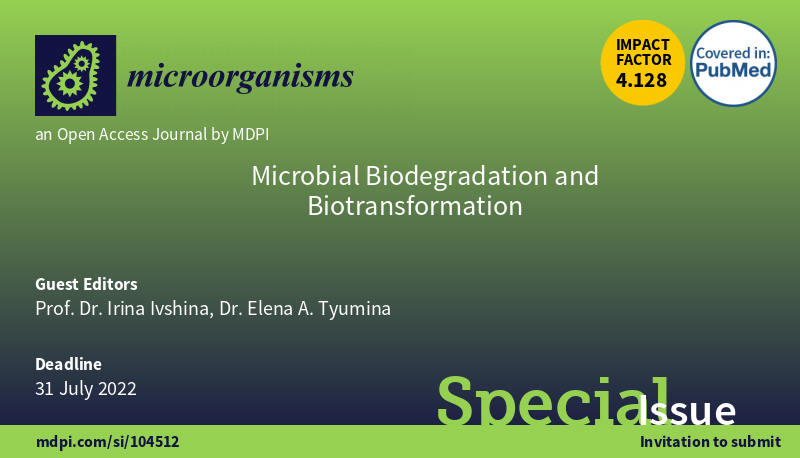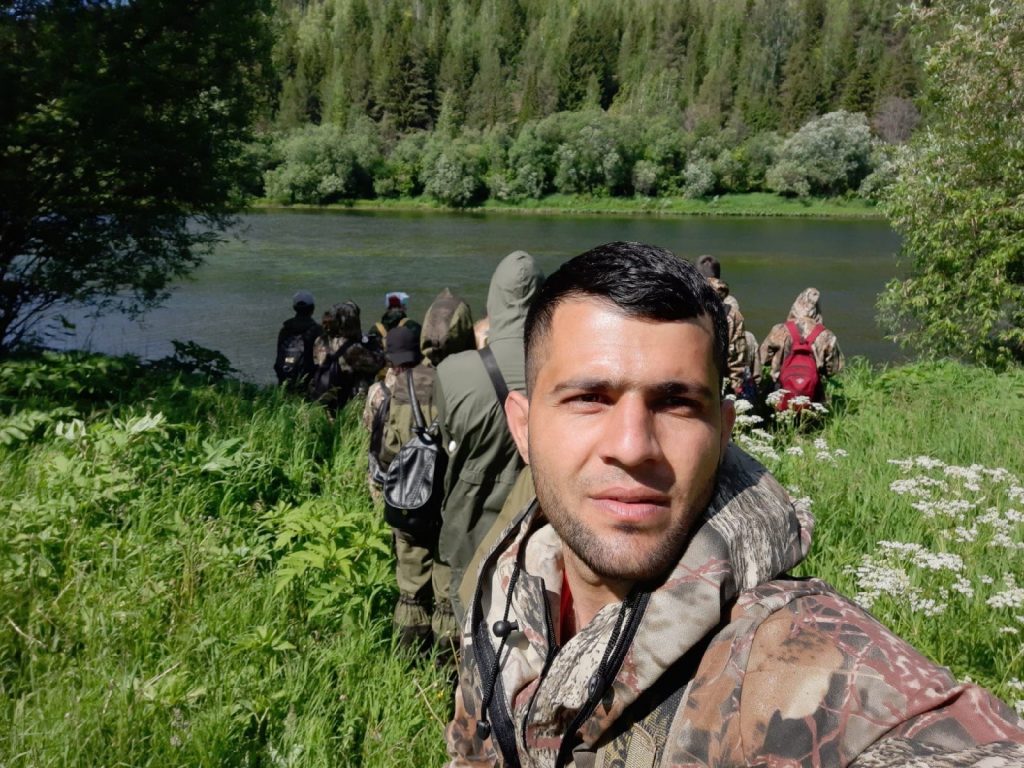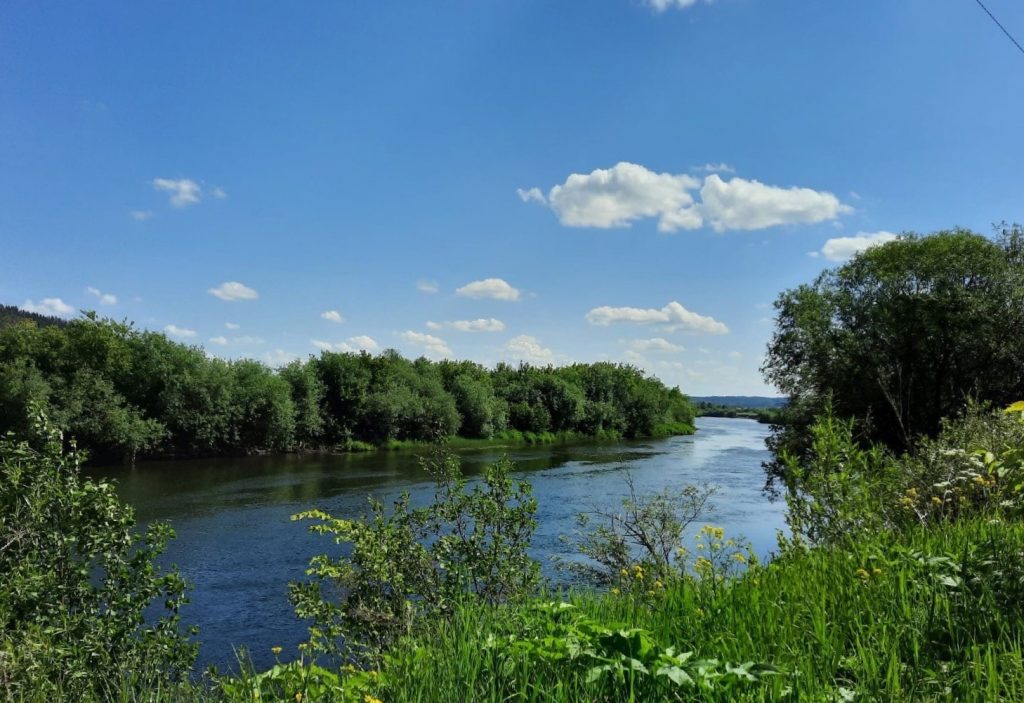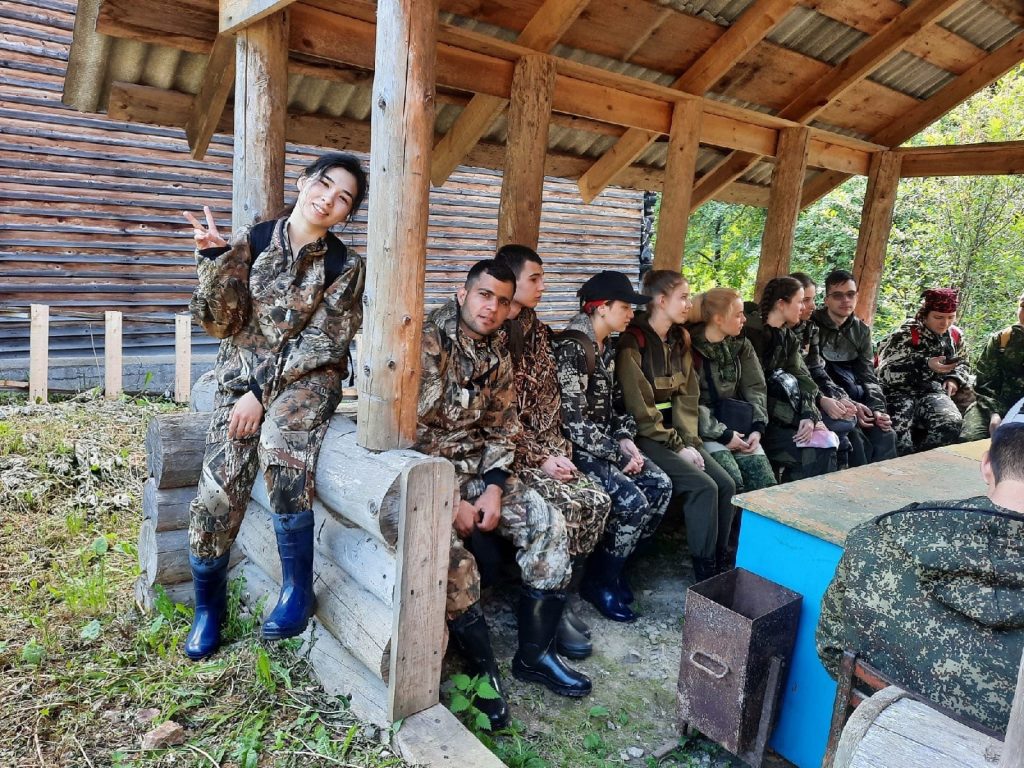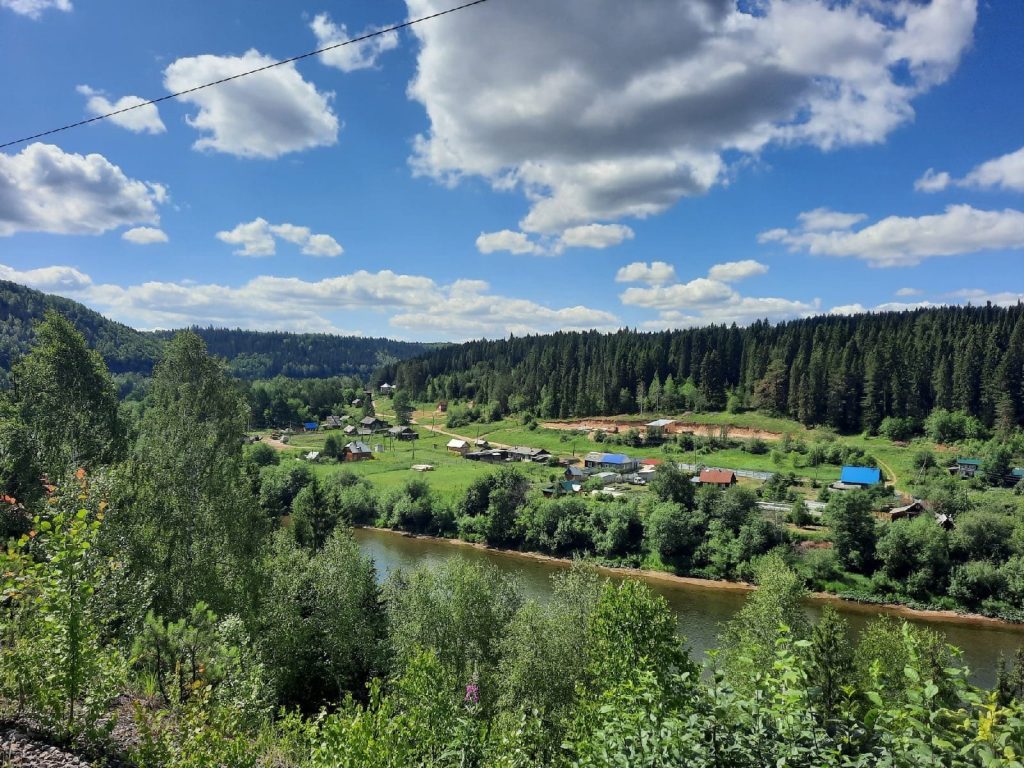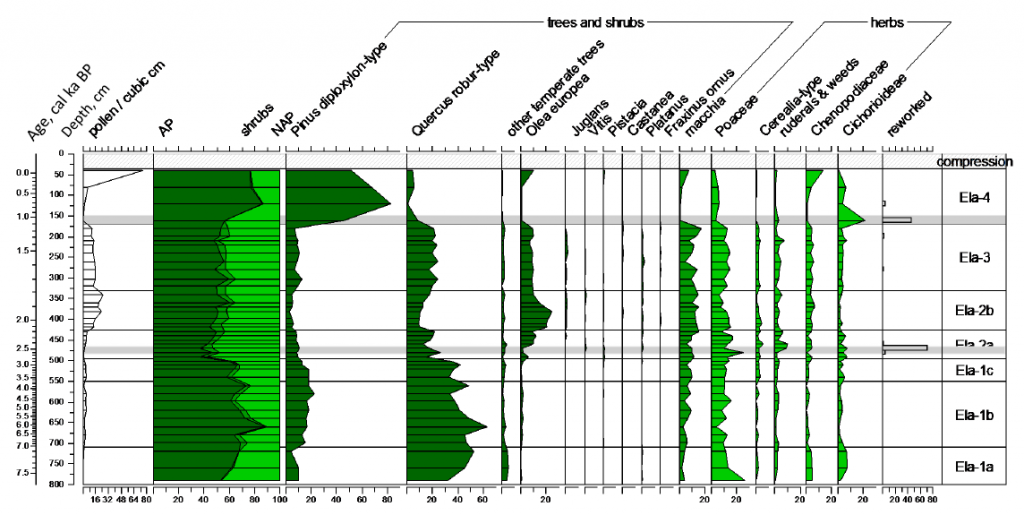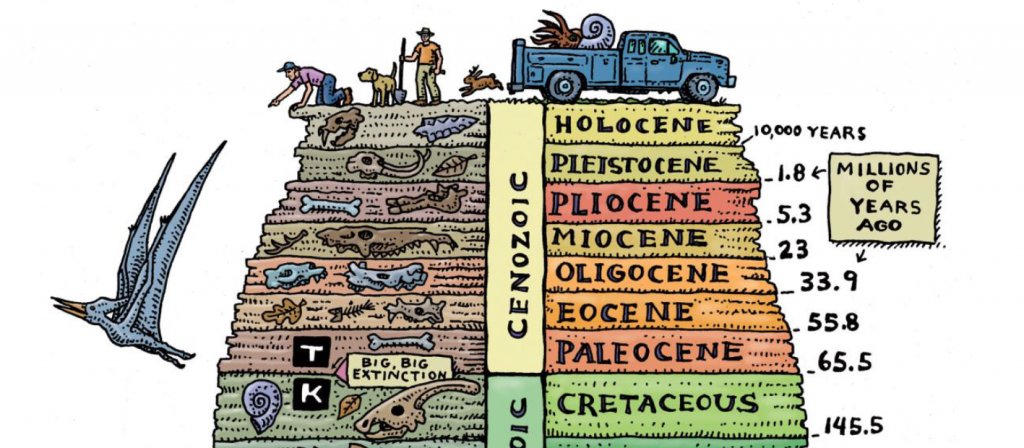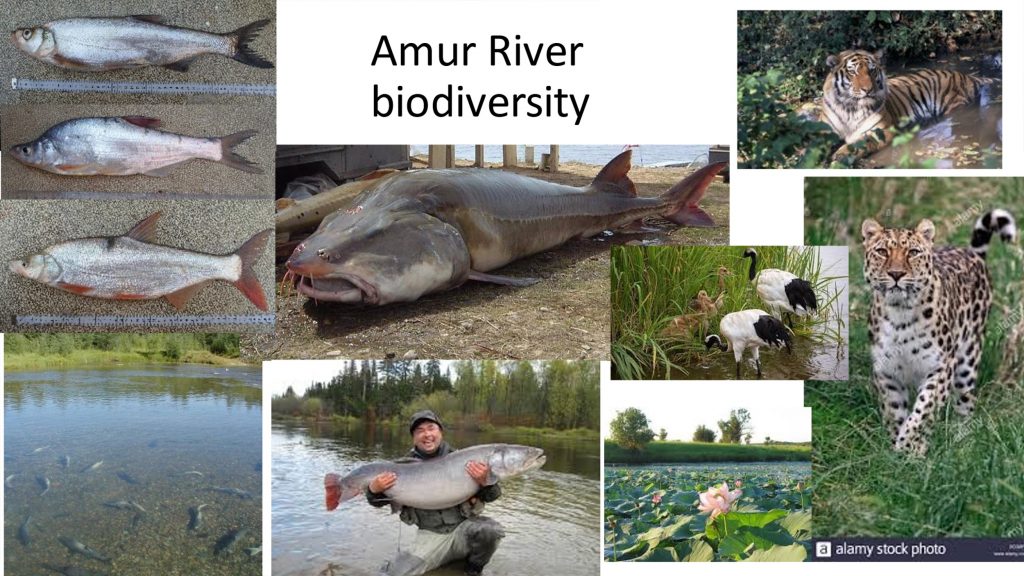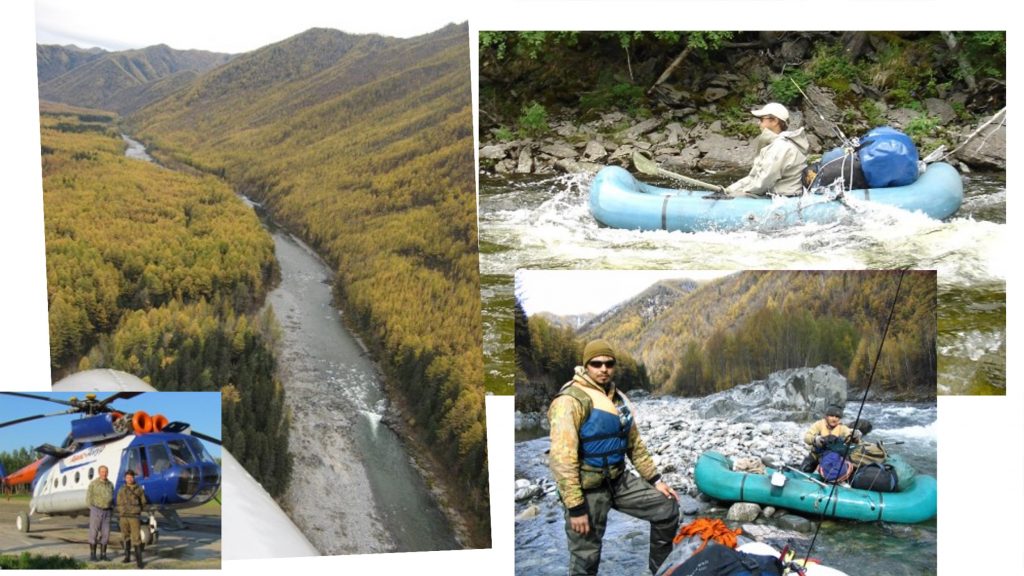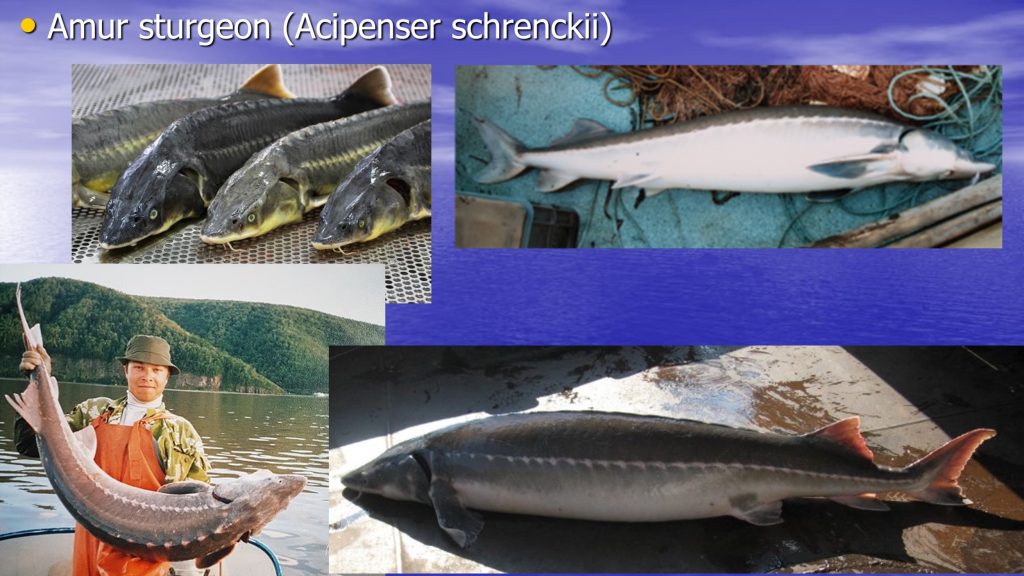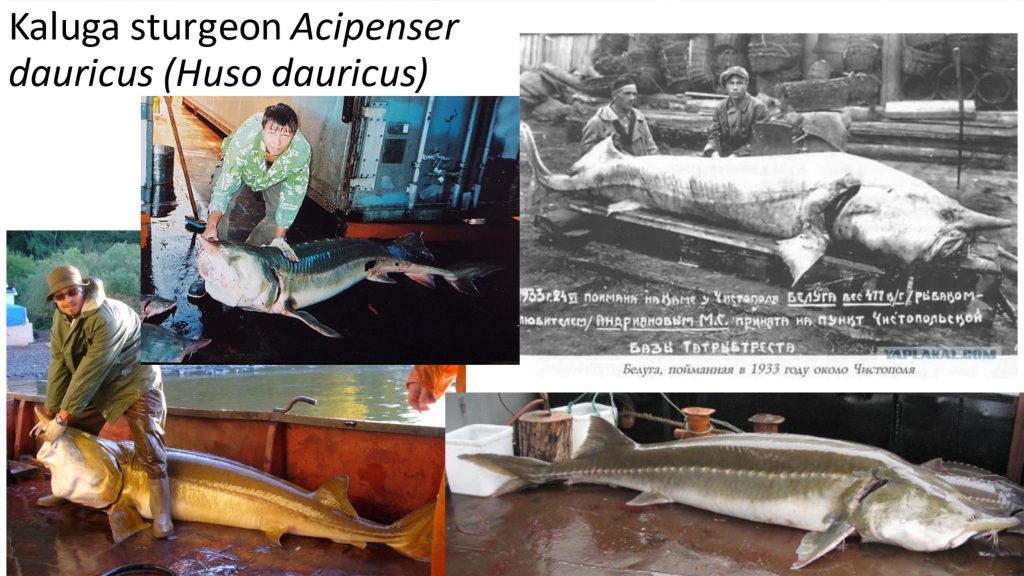PSU Biologists Explore Microbiology, Genetics and Biomedicine, Unite Scholars Global Wide
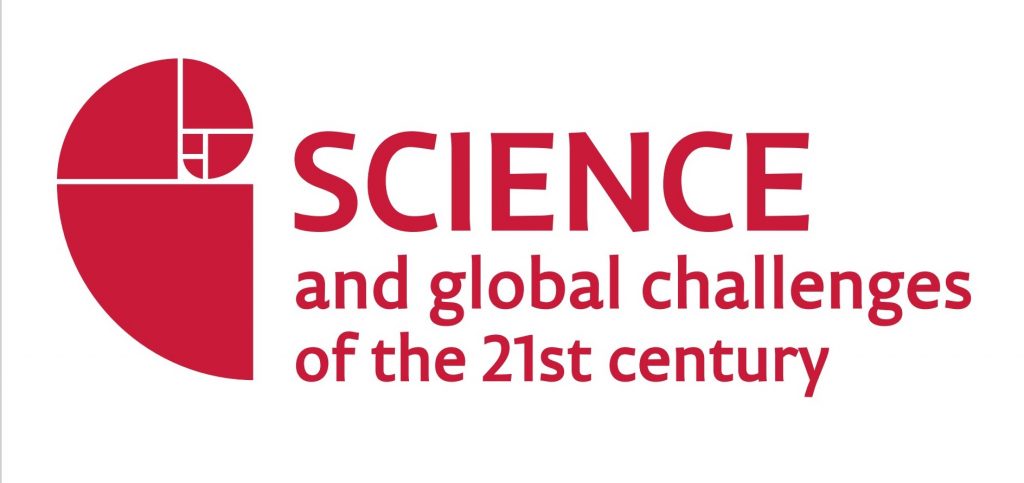
The Faculty of Biology at Perm State University (PSU) has run the 13th International Conference of Biologists “Symbiosis-Russia ’2022” as part of the “Science and Global Challenges in the 21st Century” Inter-University Forum. The Conference united scholars from Afghanistan, Australia, Azerbaijan, Belarus, Israel, Kazakhstan, Russia, Scotland, Slovenia, USA and Uzbekistan.
In total, the Conference participants presented more than 180 reports in microbiology, biotechnology, biomedicine, genetics, botany, zoology, plant physiology, soil science, ecology and nature management.
Key speakers included:
- Prof. Irina Kondyurina, Medical School, University of Sydney (Australia);
- Vitaly Shchetko, Head of the Research and Production Center for Biotechnology, Institute of Microbiology, National Academy of Sciences of Belarus (Belarus);
- Oleg Sozinov, Head of Botany Department, Yanka Kupala State University of Grodno (Belarus);
- Ruslan Kalendar, Head of the Laboratory of Plant Genomics and Bioinformatics, Republican State Enterprise “National Biotechnology Center” of the Science Committee at the Ministry of Science and Higher Education of the Republic of Kazakhstan (Kazakhstan);
- Pavel Khramtsov, Junior Researcher, Institute of Ecology and Genetics of Microorganisms, Ural Branch of the Russian Academy of Sciences, Associate Professor, Department of Microbiology and Immunology, PSU (Russia).
Other international participants included:
- Professor Alexander Lyubimov, Head of the Toxicological Research Laboratory, University of Illinois (USA);
- Professor Tatyana Peshkur, University of Strathclyde (Scotland, UK);
- Prof. Maryanca Erjavec, University of Ljubljana (Slovenia);
- Professor Eduard Korkotyan, Weizmann Institute of Science (Israel).
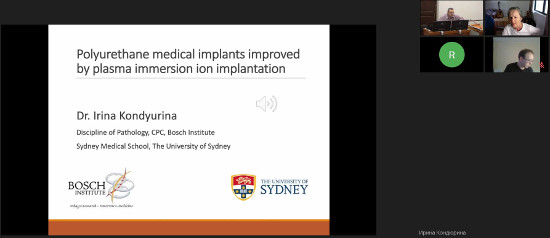
On behalf Perm State University, two PSU scholars spoke in the Springer section – Danila Apushkin, Senior Lecturer of the Department of Pharmacology and Evgenia Akhremenko, a researcher at the Laboratory of Experimental Pharmacology, Faculty of Chemistry, PSU.
“The geography of the Conference participants covered, with no exception, all regions of Russia, and over 45 cities: from Kaliningrad to the Far East, from Arkhangelsk and St. Petersburg to Rostov-on-Don and Pyatigorsk,” says Mikhail Lyamin, Deputy Dean for Research, Faculty of Biology, PSU.
18 reports in English have been presented at the Conference. Meeting the requirements of the publishers and related ethics, the speakers’ papers have been checked for plagiarism, double-blind peer reviewed by foreign and Russian scholars, and, keeping in mind their relevance, original character and impact – recommended for publishing in the “Lecture Notes in Networks and Systems” series at the SpringerLink digital library https://link.springer.com/, and indexed in Scopus https://www.scopus.com/.

